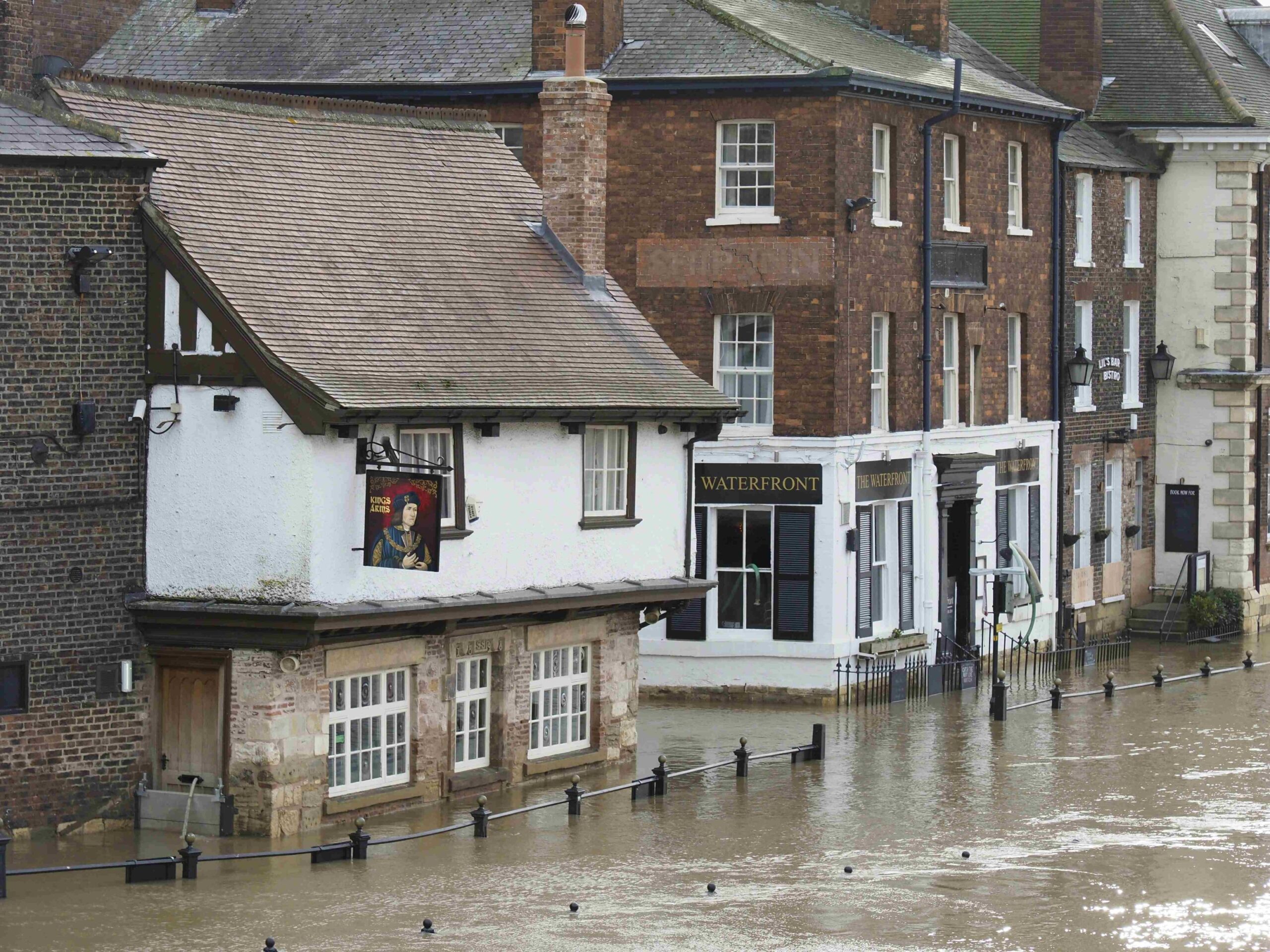As climate change continues to warm our planet, the way we manage water must adapt. The old systems, designed for a more stable climate, are increasingly strained by unpredictable weather. Both floods and droughts have been regular fixtures in our daily news cycles. It’s more important than ever to develop new and more flexible approaches to water management.
Traditional methods could be a thing of the past
Traditionally, water management focused on predictable patterns of rainfall and water use. This predictability allowed for the design of systems—like reservoirs, irrigation channels and sewage networks—to handle typical seasonal changes. Water infrastructure, for example, is traditionally planned around expected rainy and dry seasons. These inform when reservoirs will fill, when crops will need extra irrigation and when water usage restrictions might be necessary.
This timelapse video shows monthly changes in the Sidi Salem Dam’s water surface from January 2018 to April 2023, using Earth Observations (EO) data. EO successfully tracked water volume, highlighting its power in environmental monitoring. The Sidi Salem Dam, on the transboundary Medjerda River, is a key water source for domestic agricultural and energy needs in the region.
In many regions, authorities rely on average annual rainfall data, which help them anticipate how much water will be available throughout the year. This approach has worked well in climates with consistent patterns. Engineers, planners and policymakers could predict seasonal water availability, plan around drought years and make long-term infrastructure decisions with relative confidence.
However, these traditional models are based on the assumption that past patterns will hold true in the future—a principle now challenged by climate change. Rising global temperatures mean that climates with consistent patterns are few and far between. Human-induced global warming has increased precipitation variability across 75 percent of the world’s land area. This variability makes it harder to predict when and where water will be available.
In some areas, longer dry spells are leaving reservoirs depleted, while in others, sudden heavy rainfall is overwhelming infrastructure. Dangerous flooding, such as that seen in October 2024 in Valencia, is becoming an annual occurrence. In response to the emergency, which has as of writing (4th November 2024) killed over 200 people, Rodriguez Camino, senior state meteorologist and a member of the Spanish Meteorological Association explained to Reuters that “events of this type, which used to occur many decades apart, are now becoming more frequent and their destructive capacity is greater”.
OurMED: Water management for tomorrow’s climate
Because of these changes, it’s clear that water management strategies designed for yesterday’s climate won’t work for tomorrow’s challenges. Luckily, new systems that can respond to rapidly changing conditions are in the works.
OurMED is a research project tackling water scarcity in the Mediterranean. The project combines local knowledge with cutting-edge digital technology to create “digital twins” of the region’s diverse water systems. These virtual models monitor, simulate and predict environmental dynamics and are linked to real-world water storage and distribution.
The project, part of the EU-supported PRIMA programme, takes a collaborative approach. Eight pilot sites in Mediterranean countries, including Spain, Greece, Jordan and Tunisia, along with Germany as an additional site, serve as case studies. Methods including rewilding, wetland restoration and urban greening are all tested in terms of their ability to restore ecosystem resilience. In addition to advanced data modelling techniques, local engagement and knowledge-sharing are vital components of the project.
While data modelling gives a broad picture, local engagement ensures that solutions are adapted to the specific conditions of each area. Communities possess valuable knowledge—such as historical water patterns and effective conservation practices—that can improve both the relevance and sustainability of new water management strategies. Likewise, when communities are directly involved, they are more likely to support and maintain these initiatives, ensuring they’re not only well-designed but also actively supported.
The OurMed project, officially launched in June 2023, will run until mid-2026. With extreme weather events increasing, these new approaches offer a proactive blueprint for regions worldwide. The hope is that these strategies will help regions not only endure climate shocks but also thrive, building water security for a future where the only certainty is change.
The post Transforming Mediterranean Water Management with OurMED appeared first on Digital for Good | RESET.ORG.


